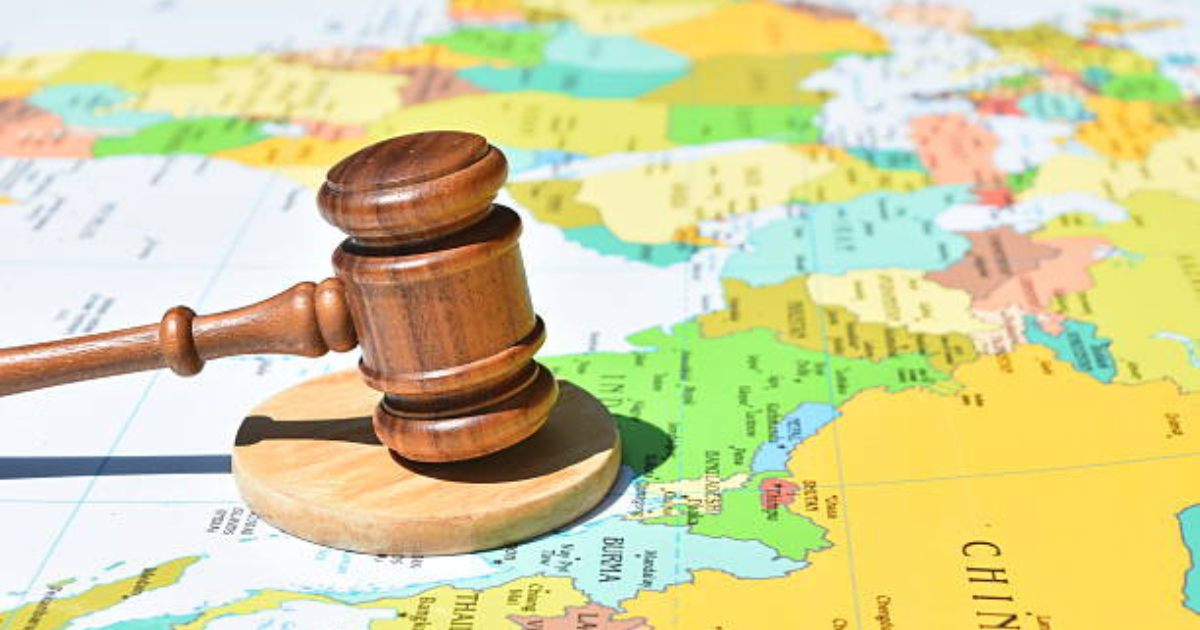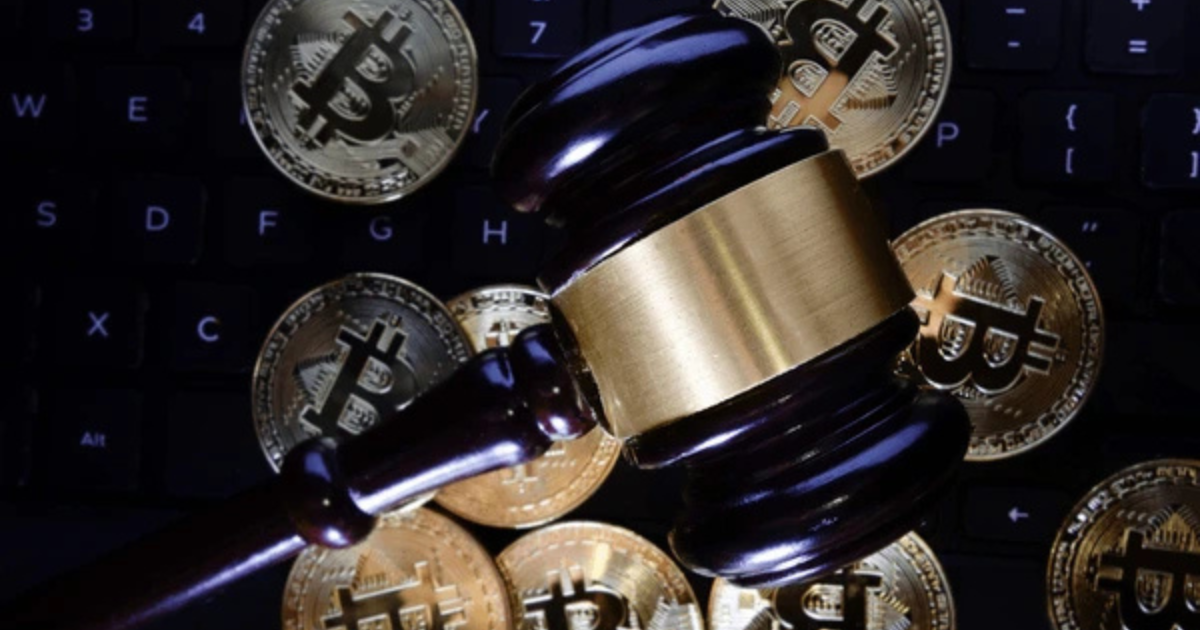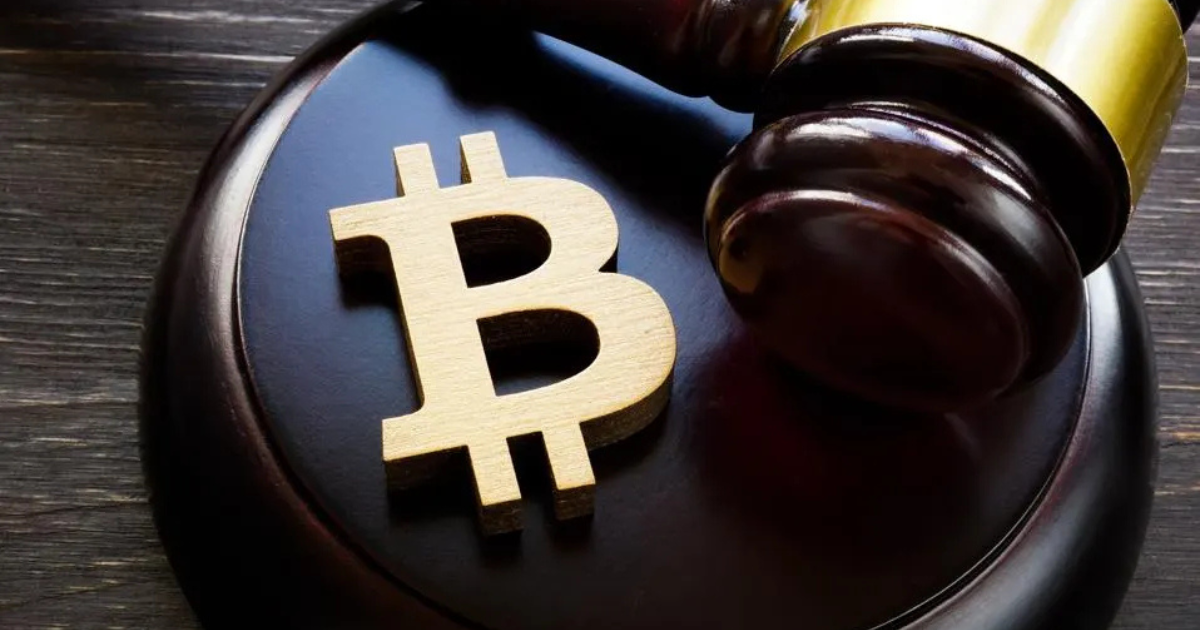The cryptocurrency landscape has passed its days as a fad investment. As of right now, governments globally recognize the need to keep an eye on and manage these kinds of cryptocurrencies. Let’s now delve into how are cryptocurrencies regulated in different nations and how users are impacted by them.
Key-Takeaways:
- Self-regulators such as the SEC and CFTC regulate crypto businesses in the US; the EU leads through MiCA with distinct guidelines.
- The overwhelming majority of countries that are open to cryptocurrencies demand exchanges to meet their regulators and enhance the security of the platform.
Understanding the Crypto Regulation
 The crypto regulation for each nation varies. Some countries do welcome crypto with open arms, however, some may not. These rules could affect the trading and investing status to use crypto for payments and other practical uses.
The crypto regulation for each nation varies. Some countries do welcome crypto with open arms, however, some may not. These rules could affect the trading and investing status to use crypto for payments and other practical uses.
Regulatory Approach: Differentiating from one another

| CONTINENT | APPROACH DESCRIPTION |
| United States | The United States has intricate crypto regulation. Overseeing the crypto progress are the SEC and the CFTC, meaning they share responsibility and have created a system to which they may be the only ones who understand. The approval of Bitcoin and Ethereum spot ETFs is a big step forward in 2024; however, there’s still work to be done. |
| Europe | With their framework, the EU leads the way as regards crypto regulation. Markets in Crypto-Assets Regulation (MiCA) gives clear rules for crypto businesses. However, this allows innovation and developments to flourish but is clearly against abuse of the traders and investors. |
| Asia | In terms of crypto regulation, Asian countries are also different from the two above mentioned. Japan has clear regulation and oversight of cryptocurrencies. At the same time, China went in entirely the opposite direction, prohibiting crypto completely. Being a crypto-friendly hub and also having balanced regulations is how Singapore positions itself. |
Things you Need to Know about Crypto Regulatory
 Most crypto-friendly countries require exchanges to register with financial authorities. These platforms must follow strict rules about user verification and security measures. Many other regions also demand regular reporting and audits.
Most crypto-friendly countries require exchanges to register with financial authorities. These platforms must follow strict rules about user verification and security measures. Many other regions also demand regular reporting and audits.
Cryptocurrencies are somehow different in tax treatments, depending on the location. Crypto is treated as property in some countries, and others treat it as a financial backup. Protecting investors is the number one priority of many regulatory frameworks. This also covers how to advertise crypto services and what to do with your funding. Some regions, in fact, require the exchange to keep emergency funds.
Crypto Regulation: What will happen?
 As cryptocurrency is also evolving and starting to become one of the needs in other households and is coming in handy for practical uses, the regulation for crypto might as well change overtime. Analysts should also look out for changes, as the crypto landscape could as well change overtime.
As cryptocurrency is also evolving and starting to become one of the needs in other households and is coming in handy for practical uses, the regulation for crypto might as well change overtime. Analysts should also look out for changes, as the crypto landscape could as well change overtime.
Conclusion: How Are Cryptocurrencies Regulated
Knowing how are cryptocurrencies regulated helps the user make a firm decision. Rules differ around the world, but that’s changing with clearer and stronger rules. With this, getting deeper into the cryptocurrency market or landscape in general, there are some challenges as well as opportunities for the crypto community. What more do you want to know about crypto regulation? Let us know in the comments.











